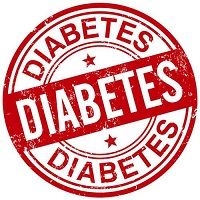Article
Impact of Kidney Disease on Diabetes Drug Empagliflozin Analyzed
Author(s):
Diabetes researchers looked at the impact of chronic kidney disease on the glucose-regulating drug empagliflozin.

The SGLT2 inhibitor empagliflozin (Jardiance/ Boehringer Ingelheim) reduces HbA1C, weight, and blood pressure in patients with type 2 diabetes. While glucose lowering with empagliflozin is clearly dependent on kidney function, it is not clear how chronic kidney disease can change the drug’s influence.
Reporting at the American Diabetes Association annual meeting in Chicago, IL, Mark E. Cooper, MD, of the Baker IDI Heart and Diabetes Institute in Melbourne, Australian and a multinational team of colleagues took up that question. In an abstract to be reported June 7 in a poster session, the team looked at pooled results of 5 phase 3 trials of the drug in patients with chronic kidney disease.
In all, 2,286 patients with type2 diabetes got either the drug or placebo for 24 weeks, either as an add-on therapy or monotherapy.
In patients with normal renal function, or stage 2 or stage 3 chronic kidney disease, the drug significantly reduced HbA1c and systolic blood pressure compared to placebo. As the researchers had expected, placebo-corrected HbA1c reductions with the drug decreased with decreasing estimated glomerular filtration rate (eGFR). In contrast, placebo-corrected reductions in blood pressure with the drug appeared to be maintained with decreasing eGFR.
“Unlike HbA1c, reductions in systolic blood pressure in patients with type 2 diabetes who got empagliflozin appeared to be maintained in patients with lower eGFR, indication that blood pressure modulation with empagliflozin may involve pathways other than urinary glucose excretion..” they concluded. Those could be diuretic effects, weight loss, reduced arterial stiffness or direct vascular effects," the researchers said.




